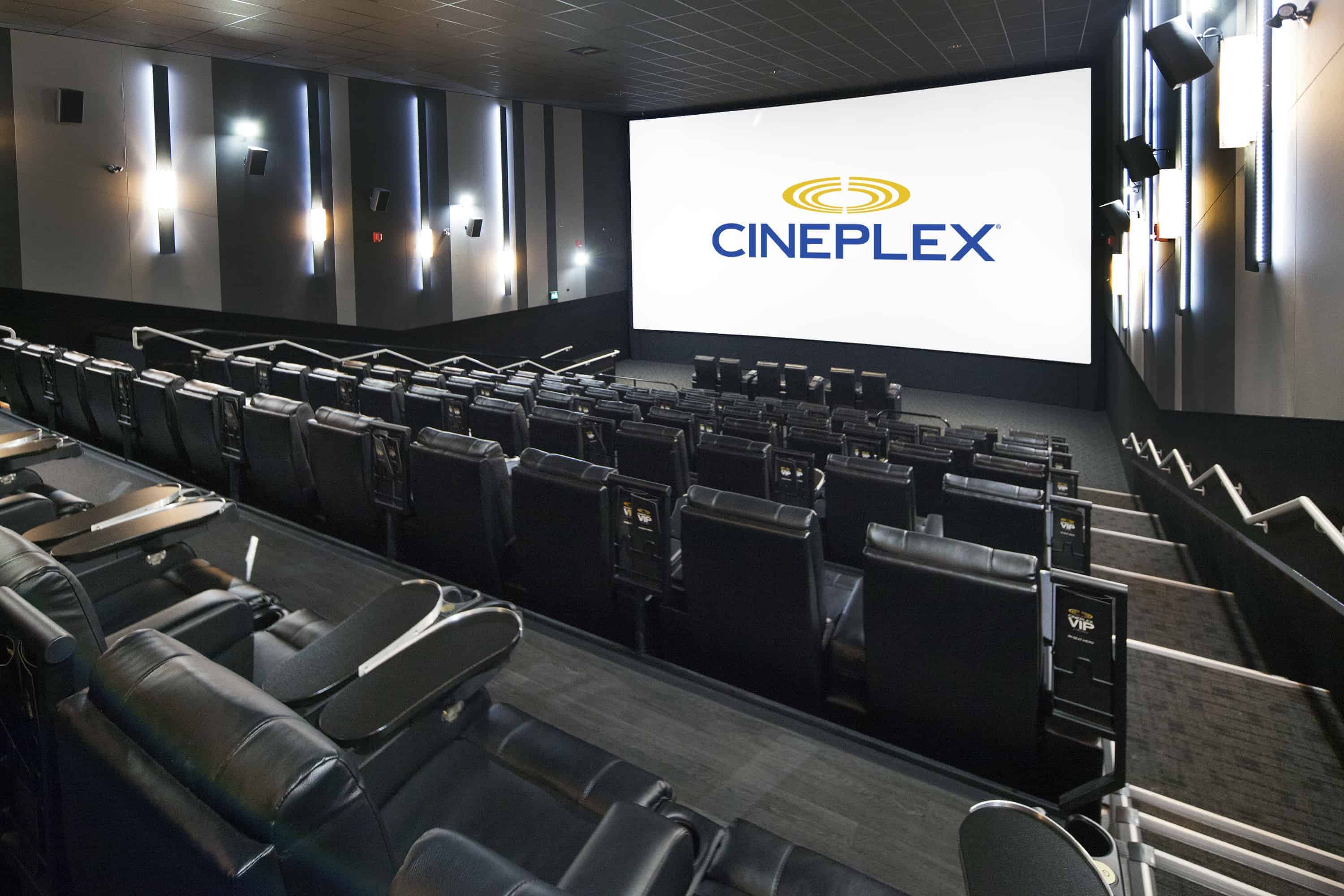In a late August article, I’d discussed the brutal summer box office that saw theatres record some of the worst numbers in over a decade. Industry experts were quick to hand out blame from a disinterested public to a poor film slate provided by Hollywood.
Cineplex Inc. (TSX:CGX) operates over 160 theatres across Canada under a wide array of brands. The stock has been hit hard by disappointing quarterly earnings and industry trends this year. Shares have declined 27.9% in 2017. Cineplex hoped to attract positive sentiment as it launched The Rec Room earlier this year — an entertainment complex expected to generate substantial revenues to complement its traditional offerings.
Cineplex released its third-quarter results on November 7. The company felt the pinch of the summer setback, as attendance dropped 12.8% year over year to 16.8 million in the third quarter. This impacted revenues, which were down 1.5% to $370.4 million, and net income, which declined 33.8% to $17.2 million compared to $26 million in Q3 2016. Box office revenues were down 11.8% year over year. Year-to-date attendance was down 6.7%, and net income was down 24%. Box office and concession revenues per patron were up due to higher prices.
The stock still offers a dividend of $0.14 per share, representing a 4.5% dividend yield. Cineplex CEO Ellis Jacob was quick to follow up with his take after earnings were released. He equated the decline with a record-low attendance in August and dismissed the idea that the decline was “systemic.” After all, September was a record month for the North American box office.
Over the next few months, there is reason for optimism for Cineplex. Thor: Ragnarok had an impressive opening, and the next Star Wars installment looks poised to challenge the +$2 billion box office haul brought in by Star Wars: The Force Awakens. However, there are very real concerns when it pertains to the long-term health of the cinema.
Can the old guard hold off the disruptors?
In a recent article, I covered a CRTC report that illustrated the explosive growth of digital platforms and Canadian consumption of streaming services like Netflix, Inc. Companies like Amazon.com, Inc. and even Facebook Inc. are making massive investments to produce original content and meet the rising demand.
The cinema finds itself swept up in the winds of change and increasingly dependent on the performance of massive blockbusters like Star Wars and the Marvel franchise. Acclaimed director David Fincher, who recently committed himself to the Netflix projects House of Cards and now Mindhunter, recently commented on the dramatic change in cinema.
“The cinema isn’t dead,” He said. “It just does something different. The place is still filled with kids; it’s just they’re all on their phones. It’s a social event like a bonfire. It’s why people gather but it’s not actually there to be looked at … Because the bonfire is always the same.”
Walt Disney Co. owns both the Star Wars media franchise and Marvel Entertainment. In November, it was reported that Disney increased its required stake in the revenue share of ticket sales from 55% to 65%. In addition, Disney is also demanding that theatres reserve the largest show room for the next Star Wars installment for a minimum of four consecutive weeks following its opening. Theatres that violate the terms without permission could be charged 5% more in ticket revenue.
The reliance on big franchises will likely result in a cinema structured around less entertainment variety. Compare this to the great deal of variety offered by online streaming services that are producing original television and movies at an escalating rate. For example, 210 original television shows were launched in 2009. This in comparison to the 455 that were launched in 2016, with 93 of those launched on online services.








